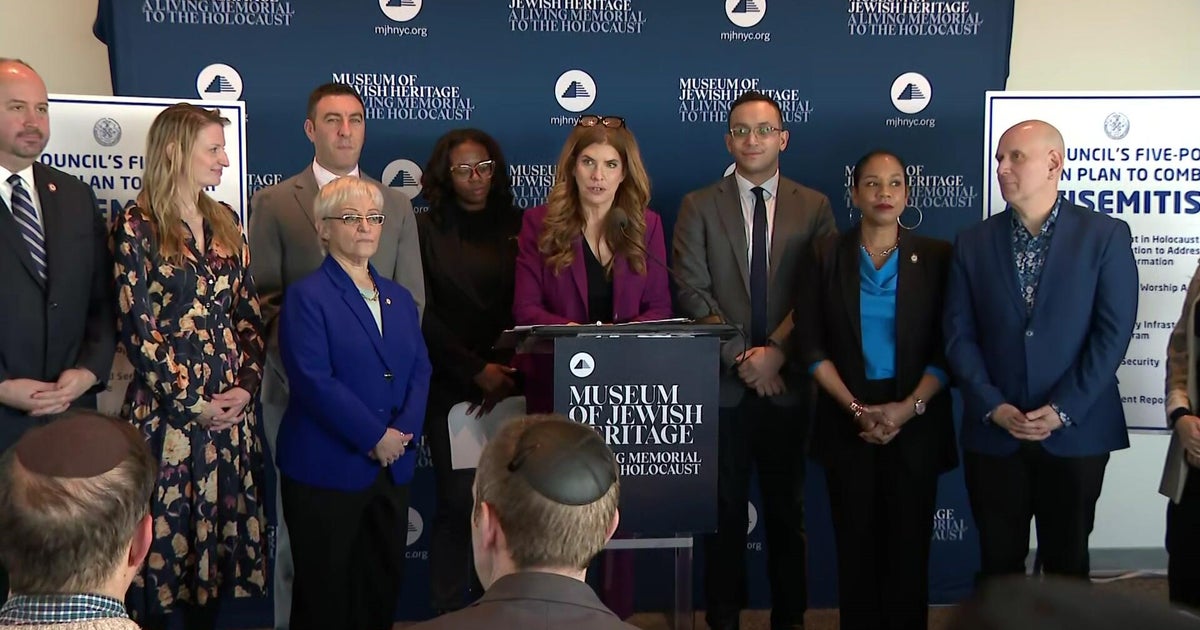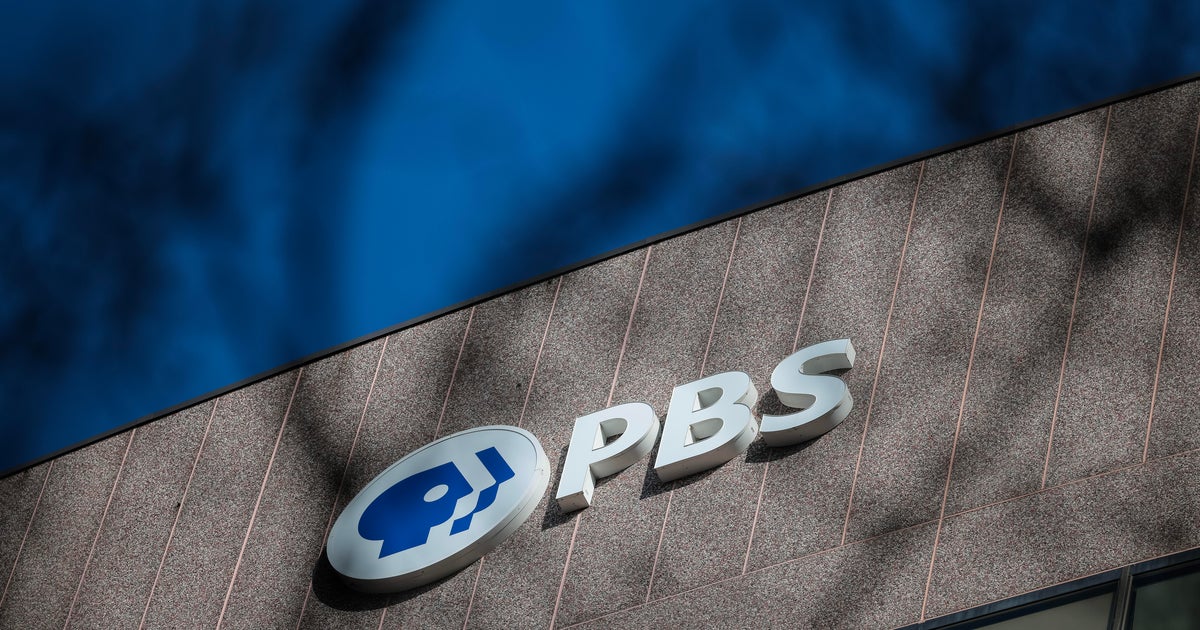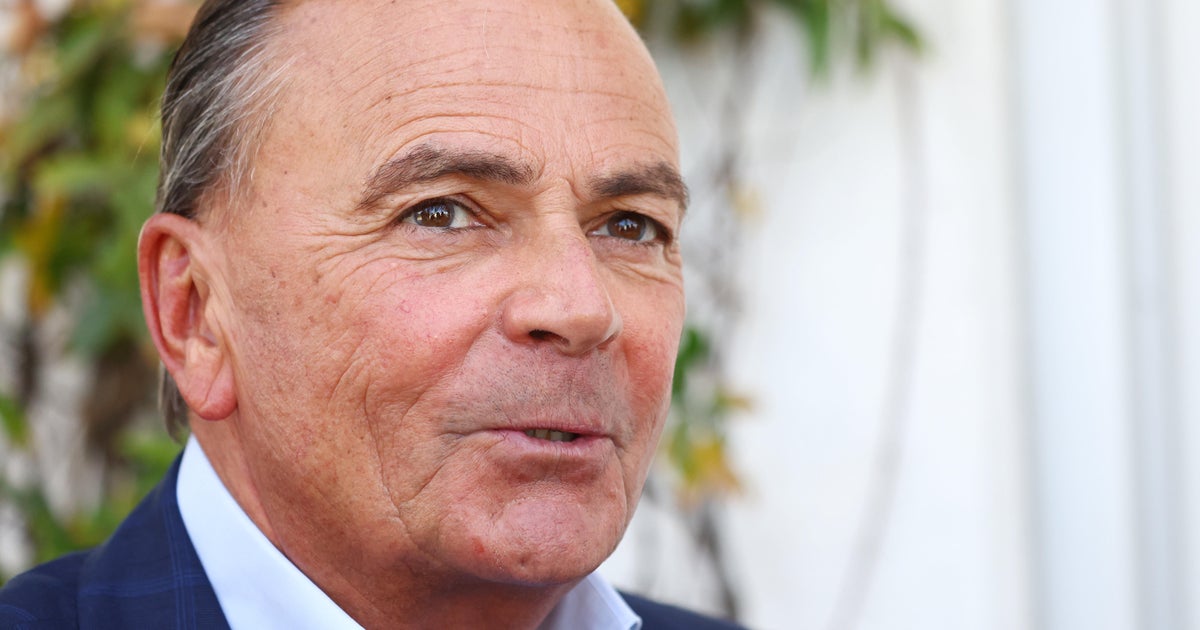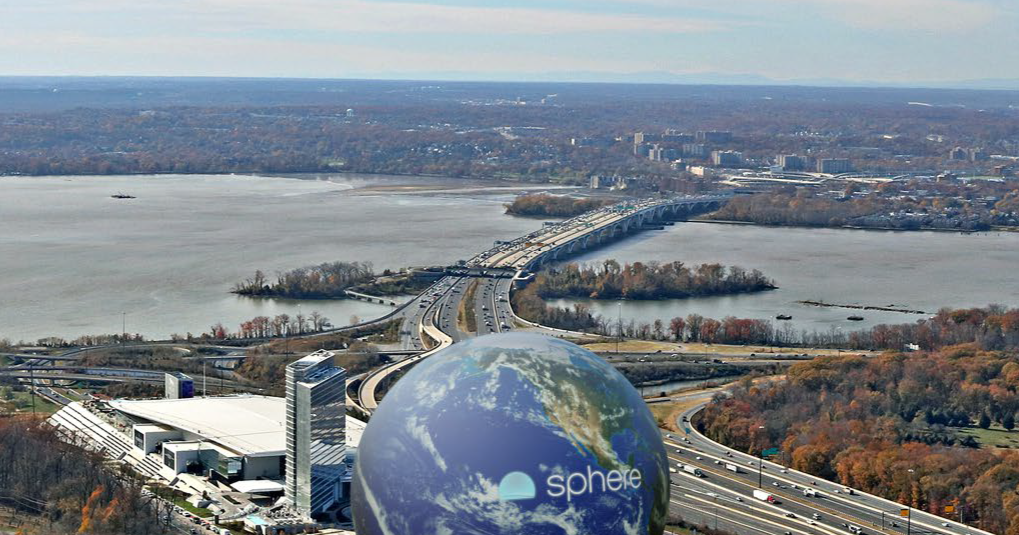California will get $310 million in federal funding to combat drought
Secretary of the Interior Deb Haaland visited Orange County this week to announce millions in federal funding to help tackle the drought currently afflicting the western United States.
Haaland visited the Rattlesnake Recycled Water Pump Station and toured the Syphon Reservoir Improvement Project in Irvine on Thursday as part of her two-day visit to California. In Irvine, she was accompanied by Rep. Katie Porter, Secretary of Natural Resources Wade Crowfoot, and Paul Cook, general manager of the Irvine Ranch Water District.
"Water is essential to everything we do and it will take all of us working together, to address the significant drought impacts we are seeing across the West," Haaland said.
The Bipartisan Infrastructure Law, which was signed by President Biden last year, will give $310 million for 25 projects across California, with a goal of increasing the state's annual water capacity by 213 acre-feet, an amount that would support more than 850,000 people a year. The funding includes $15.5 million for the Water Replenishment District of Southern California, $12.3 million to the Coachella Valley Water District, $12.2 million to the Irvine Ranch Water District, $9.9 million to the city of Oceanside, and $10.2 million to the Las Virgenes-Triunfo Joint Powers Authority for various projects that will work to increase the state's drought resilience.
Bureau of Reclamation Commissioner Camille Calimlim Touton, who also toured the site in Irvine, said that reusing water will help communities facing an unprecedented drought diversity their water supply amid a changing climate.
The funds will help local water agencies stretch their existing water supply and conduct advanced treatment of wastewater along with naturally impaired surface and groundwater in order to meet growing water needs.
"This has tangible impacts and can help feed families, grow crops, sustain wildlife and the environment and help more families access safe, clean, reliable water,'' Touton said. "These projects will provide flexibility for communities and help them stretch their current drinking supplies as they will be treating wastewater that continues to be available."







